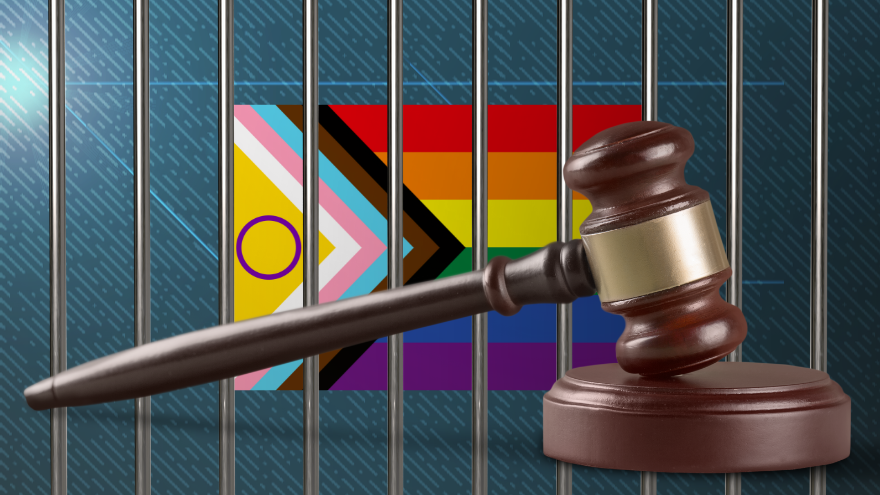The second highest court in Uganda has agreed to hear a challenge to a law making “aggravated homosexuality” a capital offense.
The law, which was passed in March of 2023, states any sexual relationship that involves infecting someone with HIV, a minor, or anyone legally recognized as vulnerable can be punished with the death penalty. Anyone convicted of “attempted aggravated homosexuality” can be sent to prison for 14 years.
President Yoweri Museveni signed the policy into law in May.
Two members of parliament and a group of LGBTQ advocacy groups challenged the law.
“We are challenging the anti-homosexuality law because it does not pass any constitutional litmus test, and we shall win, because such an abhorrent law whose only aim is to spread hate and institutionalise discrimination and exclusion does not belong on Uganda’s law books and should never have been enacted in the first place,” said Clare Byarugaba, an advocate with the Ugandan civil liberties organization Chapter Four, per The Guardian.
The law was easily passed by the legislature and is reportedly supported by most of the national population. Ugandan State Minister for Foreign Affairs Henry Okello Oryem told Al Jazeera that Western countries have tried to “coerce us into accepting same-sex relationships using aid and loans.”
The United States has warned there will be “economic consequences” as a result of the law, while the United Nation’s Human Rights Office called the law “draconian and discriminatory" as well as “a recipe for systematic violations” of LGBTQ people’s rights,” per PBS News.
The U.S. Department of State has subsequently enacted visa restrictions for a number of unnamed Uganda officials and their relatives as punishment for their involvement with the law’s passage.
“I am announcing the expansion of the visa restriction policy to include current or former Ugandan officials or others who are believed to be responsible for, or complicit in, undermining the democratic process in Uganda or for policies or actions aimed at repressing members of marginalized or vulnerable populations," said Secretary of State Antony Blinken on Dec. 4, per Reuters. “These groups include, but are not limited to, environmental activists, human rights defenders, journalists, LGBTQI+ persons, and civil society organizers."
A 20-year-old man was charged under the “aggravated homosexuality” law on Aug. 18 – marking the second time that law was used to prosecute someone in Uganda. Amnesty International denounced the charge.
“It is deeply disturbing that the Ugandan authorities are prosecuting people based on their real or perceived sexual orientation or gender identity. Discrimination and persecution of lesbian, gay, bisexual, transgender and intersex (LGBTI) people in the country must be halted,” Tigere Chagutah, the organization’s Regional Director for East and Southern Africa, said in a statement.
The Anti-Homosexuality Act also prohibits certain activities deemed to promote homosexuality. LGBTQNation states the policy criminalizes “anyone associated with an LGBTQ+ organization, be it a landlord housing LGBTQ+ people or businesses or allies of advocacy groups.”
Uganda attempted to pass similar legislation in 2014 but the effort was defeated.
A ruling date has not been determined.

